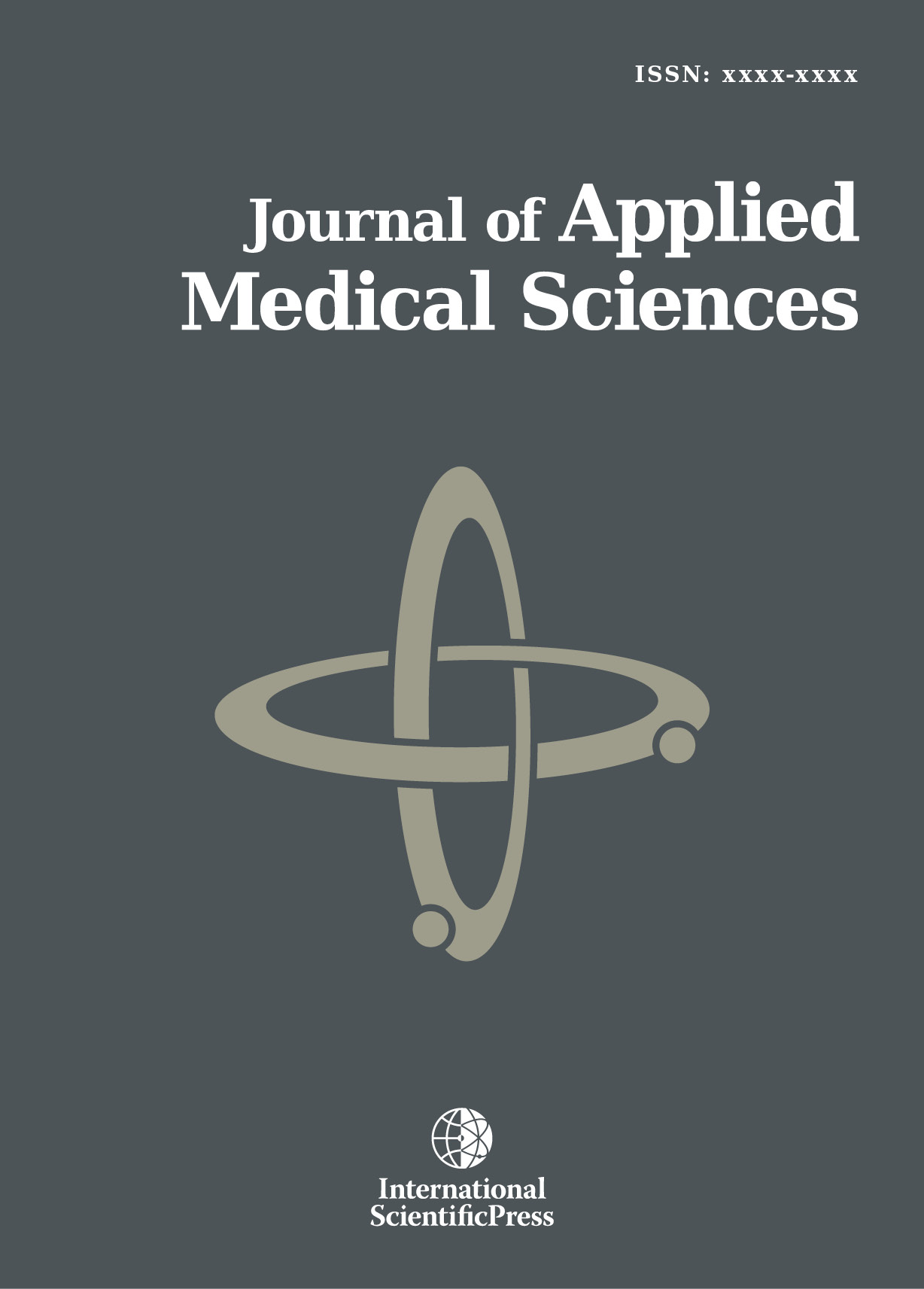Journal of Applied Medical Sciences
Comparative Analysis of the Muscular Structures of the Neck in Patients with Pierre Robin Sequence and Patients with Normal Mandibular Growth
-
 [ Download ]
[ Download ]
- Times downloaded: 11255
-
Abstract
Patients with Pierre Robin sequence have microretrognathia and studies prove that they never achieve normal mandibular development. These observations lean towards the idea that the suprahyoid muscles are shorter and play a crucial role in mandibular growth. Even though patients are treated with different surgical modalities, there is a tendency towards failed mandibular growth. Because of this, it´s necessary to study the dimensions of the suprahyoid muscles that directly interact with the mandible. Besides, there are no quantitative reports of the degree of affectation of this muscle group. Using tomography images, the suprahyoid muscles in Pierre Robin patients were measured and compared to similar age patients without the anomaly. Results show that the most affected muscles are the geniohyoid and the anterior belly of the digastric muscle. This explains the natural tendency towards micrognathia and microgenia observed in these patients during development. The affectation of the mylohyioid explains the light concavity observed in the mandible body of Pierre Robin patients. This study proves the important role of the suprahyoid muscle group that, through their short length and contraction, secondarily affects mandibular growth.
